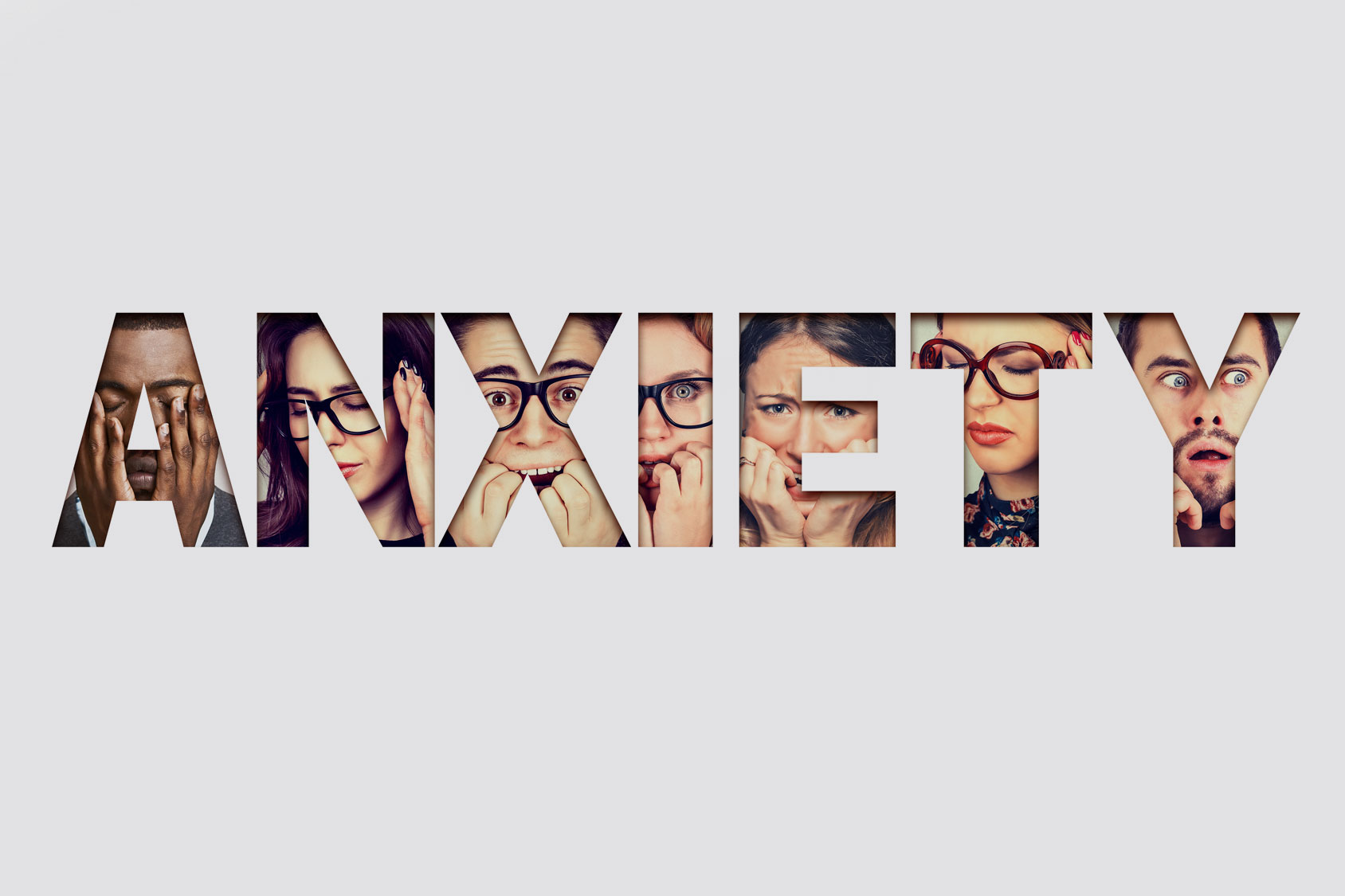
26 Nov Good Vs. Bad Anxiety?
Good vs. bad anxiety: 5 techniques to overcome anxiety quickly
Anxiety is good for us!
It’s a fact!
Yes, it is true. It keeps us alive and alert when we really need it.
Anxiety is a normal human emotion. It is our bodies natural defence system. Anxiety occurs in response to a fear of possible danger or risk to our life. However, it is sometimes confused with fear which naturally occurs if we are actually in a dangerous situation. Both are unpleasant and we sometimes expect or anticipate what could happen. This is when the brain gets it all wrong and bad habits or learnt behaviour start to creep in.
However, when we are in danger our natural flight, fight or freeze response will kick in and protect us. Imagine doing for a walk in the Canadian wilderness and coming face-to-face with a huge brown bear? Our immediate reaction will be to go into fear mode and our next reaction will be to run for our life. There are many emotions and chemical reactions happening all at the same time and depending on how your body responds, one of the flight, fight or freeze responses will kick in. Going back to my opening sentence, anxiety is good for us at times.
So, if anxiety is natural then why does it escalate and become out of control?
Sometimes people overthink and overreact which leads to overwhelm. Often overwhelm, loss of control and confidence leads to fearing negative outcomes. This continues to become a kind of avoidance behaviour. Your brain learns to become negative and starts to fear outcomes and once this becomes a learnt response anxiety builds and becomes worse.
At times your external environment can impact, for example, a negative work environment, friends who constantly live in the past and never see the positive or as a young child you were exposed to very anxious and stressed parents. These behaviour become “learnt behaviour” and the more you live in this constant state of anxiety the more it manifests.
What can we do about anxiety?
Self-help and self-care should be high on your list of priorities if you live with anxiety. If you think it is becoming out of control, find a therapist to work with or consult your GP. Medication can work but it’s never what helps you recover fully. Medication simply dumbs down the feelings and emotions created by anxiety and puts a plaster over a sore that will never heal.
There are many techniques that can be used to help decrease your anxiety or to stop it from becoming worse. Breathing exercises, progressive muscle relaxation or Mindfulness are all effective. However, they require dedication and implementation into your daily routine to ensure they work.
Use my “High 5” Anxiety techniques to create calm and focus:
-
Stand up straight, put your shoulders back, raise your chin and push out your chest.
Physically changing your body posture will have a massive impact on your confidence. It forces your brain to recognise a positive stance and therefore shifts your negative thinking.
-
Use 5-5-5 thoughts
When you go into an anxious state, your brain gets caught in a loop of negative thoughts. Force your brain into recognising and processing the following information forces it to ground itself
- Look around you and name the first 5 things you see
- Close your eyes and list the first 5 things you hear
- Get up and move 5 parts of your body (arms, hands, ankles, head, feet)
-
Note and accept your anxiety
This may seem like a strange thing to do or tell yourself, but noting your anxious thoughts, and writing them down in your mind’s eye will help you accept it. Research has found acknowledging anxiety instead of fighting it or feeling upset or embarrassed about it goes a long way with regards to self-care.
-
Label your anxiety differently
If you find you are having a panic attack or really bad thoughts, it’s easy to believe the worst is about to happen. Remind yourself panic attacks come and go, start to breathe and label the panic attack as “I’ll just let it run its course”. Panic attacks are your body’s natural defence system and will pass.
-
Do something physical
Just move, sing to yourself, get a drink, walk around the office, take the dog out for a walk, phone a friend or loved one. Doing an action interrupts your brain’s ability to remain in an anxious state. Once the thought pattern has been interrupted and you stop the anxiety cycle you have started to break the pattern created and you will be on the road to recovery.
 Bonita Ackerman du Preez is a specialist in treating Trauma, PTSD, Anxiety, Stress, Confidence and Resilience Coaching, Training, Hypnotherapy, TimeLine, Kinetic Shift, Rewind Therapy and is Mental Health First Aid trained. She offers corporate training and coaching offering a unique approach to integrating therapy work, high-performance coaching and bespoke training workshops. Bonita works with overly sensitive, unique personalities who show huge potential but have less workplace resilience. She has a private 1-2-1 therapy practice in Bedfordshire working with women, children and men to overcome significant personal trauma, workplace bullying, fears, phobia, loss of confidence and self-control. She has a special interest in horse riders and offers bespoke workshops and 1-2-1 clinics within the equine industry.
Bonita Ackerman du Preez is a specialist in treating Trauma, PTSD, Anxiety, Stress, Confidence and Resilience Coaching, Training, Hypnotherapy, TimeLine, Kinetic Shift, Rewind Therapy and is Mental Health First Aid trained. She offers corporate training and coaching offering a unique approach to integrating therapy work, high-performance coaching and bespoke training workshops. Bonita works with overly sensitive, unique personalities who show huge potential but have less workplace resilience. She has a private 1-2-1 therapy practice in Bedfordshire working with women, children and men to overcome significant personal trauma, workplace bullying, fears, phobia, loss of confidence and self-control. She has a special interest in horse riders and offers bespoke workshops and 1-2-1 clinics within the equine industry.
 7 ways to combat anxiety - Free ebook
7 ways to combat anxiety - Free ebook

